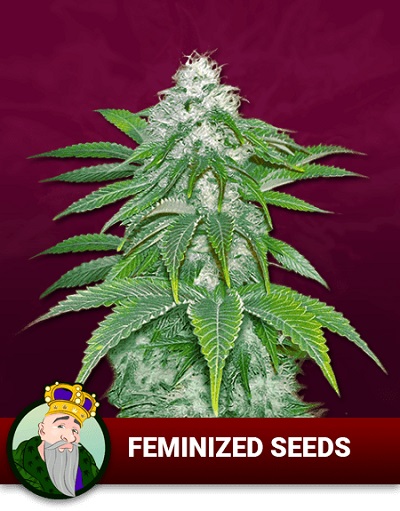In new a long time, the discussion about sustainable farming tactics has acquired momentum, with an raising aim on environmentally helpful alternate options. One particular intriguing participant in this motion is the cannabis plant, specifically its seeds. Hashish seeds have emerged as a prospective sport-changer in sustainable agriculture, providing a myriad of gains that prolong outside of the realm of recreational and medicinal use.
The Eco-Pleasant Mother nature of Hashish Seeds:
Hashish crops are regarded for their resilience and adaptability, producing them an perfect candidate for sustainable farming. The cultivation of hashish seeds calls for less pesticides and herbicides as opposed to quite a few other crops, contributing to a reduction in environmental pollution. What’s more, cannabis crops have deep root devices that help protect against soil erosion, advertising soil overall health and fertility.
Water Effectiveness:
Drinking water scarcity is a considerable concern in agriculture, but hashish has demonstrated to be a somewhat drinking water-productive crop. Cannabis crops have a exceptional potential to prosper in various climates, from arid locations to far more temperate zones, enabling for cultivation in locations the place water sources may perhaps be minimal. This adaptability tends to make cannabis seeds a promising option for farmers seeking to conserve water and cut down their environmental effect.
Biodiversity and Crop Rotation:
Sustainable farming tactics often emphasize the significance of biodiversity and crop rotation to manage soil well being. Cannabis suits perfectly into these principles, as its cultivation can contribute to crop rotation cycles, preventing the depletion of nutrients in the soil. Moreover, hashish vegetation aid biodiversity by delivering a habitat for various insects, birds, and microorganisms that engage in critical roles in ecological stability.
Carbon Sequestration:
A single generally-ignored factor of cannabis cultivation is its prospective to act as a carbon sink. Hashish plants take in carbon dioxide throughout photosynthesis, helping mitigate the results of local weather change. When grown on a substantial scale, hashish has the capability to sequester significant amounts of carbon, making it a useful ally in the battle versus world wide warming.
Hemp: A Multipurpose and Sustainable Crop:
Within the hashish household, hemp stands out as a particularly functional and sustainable crop. Hemp fibers can be applied to deliver a wide range of eco-pleasant solutions, such as textiles, paper, and biodegradable plastics. Hemp seeds, rich in protein and critical fatty acids, are a nutritious addition to human and animal diet plans, featuring a sustainable substitute to standard crops.
Economic Added benefits for Farmers:
In addition to its environmental pros, cultivating hashish seeds can give financial positive aspects for farmers. The growing demand for hemp-derived goods, this sort of as CBD oil and hemp-primarily based textiles, opens up new earnings streams. As extra international locations legalize and regulate hashish cultivation, farmers have the chance to diversify their crops and faucet into a burgeoning market.
informative post and Concerns:
When the prospective positive aspects of cannabis seeds in sustainable farming are promising, there are troubles and factors that are unable to be disregarded. Regulatory frameworks, varying lawful statuses, and the stigma associated with hashish cultivation can pose hurdles for farmers. On the other hand, as attitudes towards hashish go on to evolve globally, it is vital to deal with these challenges to unlock the full likely of hashish in sustainable agriculture.
Summary:
Cannabis seeds have the prospective to revolutionize sustainable farming practices by providing a crop that is resilient, water-economical, and environmentally friendly. As the world grapples with the urgent will need for sustainable alternatives in agriculture, discovering the options of cannabis cultivation gets ever more essential. By embracing the ecological gains of hashish seeds, farmers can lead to a greener future when reaping financial rewards. It is time to recognize hashish not just for its recreational and medicinal value but also for its part in cultivating a extra sustainable and resilient agricultural landscape.